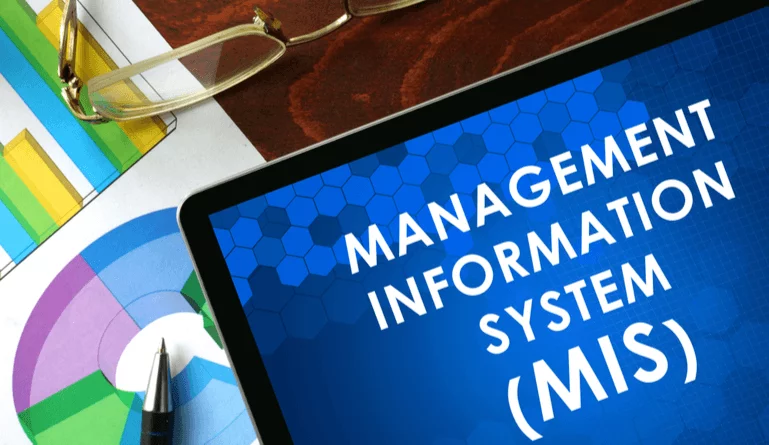In the fast-paced world of business, where data is king and technology reigns supreme, Management Information Systems (MIS) emerge as the linchpin that orchestrates the seamless flow of information, transforming raw data into strategic insights. This integral component /oktoday.us/ of modern organizational infrastructure plays a pivotal role in decision-making, efficiency, and overall business success.
Table of Contents
ToggleThe Essence of Management Information Systems:
Management Information Systems encompass a comprehensive framework of software, hardware, data, procedures, and people. Their primary objective is to facilitate the collection, processing, storage, and dissemination of information to support managerial decision-making at all levels within an organization.
Streamlining Operations:
At the heart of MIS lies the ability to streamline business operations. From tracking inventory and managing resources to monitoring financial transactions, MIS provides a centralized platform that empowers organizations to optimize processes, enhance productivity, and respond swiftly to dynamic market conditions.
Data into Insights:
In an era characterized by information overload, the true power of MIS lies in its ability to transform raw data into meaningful insights. Through the integration of analytics tools and reporting mechanisms, MIS enables decision-makers to glean valuable information, identify patterns, and make informed choices that drive organizational success.
Decision Support Systems:
MIS acts as a facilitator for Decision Support Systems (DSS), offering executives and managers the tools they need to make strategic choices. These systems leverage advanced analytics, simulation models, and data visualization to provide a comprehensive understanding of various scenarios, empowering decision-makers to chart the course of their organizations with confidence.
Enhancing Communication and Collaboration:
The interconnected nature of modern business requires seamless communication and collaboration. MIS not only serves as a repository for information but also as a platform that fosters communication and collaboration among different departments. This interconnectedness ensures that relevant information is shared across the organization in real-time, promoting synergy and efficiency.
Cybersecurity and Risk Management:
As organizations become increasingly reliant on digital infrastructure, the role of MIS in cybersecurity and risk management becomes paramount. Safeguarding sensitive information, ensuring data integrity, and mitigating cyber threats are integral components of MIS strategies, safeguarding the organization against potential disruptions.
Evolution and Integration:
The landscape of MIS is dynamic, constantly evolving to meet the ever-changing demands of the digital age. Cloud computing, artificial intelligence, and the Internet of Things (IoT) are increasingly integrated into MIS frameworks, expanding their capabilities and ushering in a new era of intelligent and connected information systems.
Challenges and Opportunities:
While MIS presents tremendous opportunities, it is not without its challenges. Organizations must navigate issues such as data security, system integration, and user adoption. Overcoming these challenges requires a strategic approach, ongoing training, and a commitment to staying abreast of technological advancements.
Conclusion:
In the digital age, where information is a currency and technology a driving force, Management Information Systems emerge as the unsung heroes behind the scenes. Their ability to transform data into actionable insights, streamline operations, and support decision-making positions MIS as a critical component in the success of modern organizations. As we navigate an era of digital transformation, the role of Management Information Systems becomes increasingly indispensable, guiding businesses toward efficiency, innovation, and sustained growth in the ever-evolving landscape of the global marketplace.




